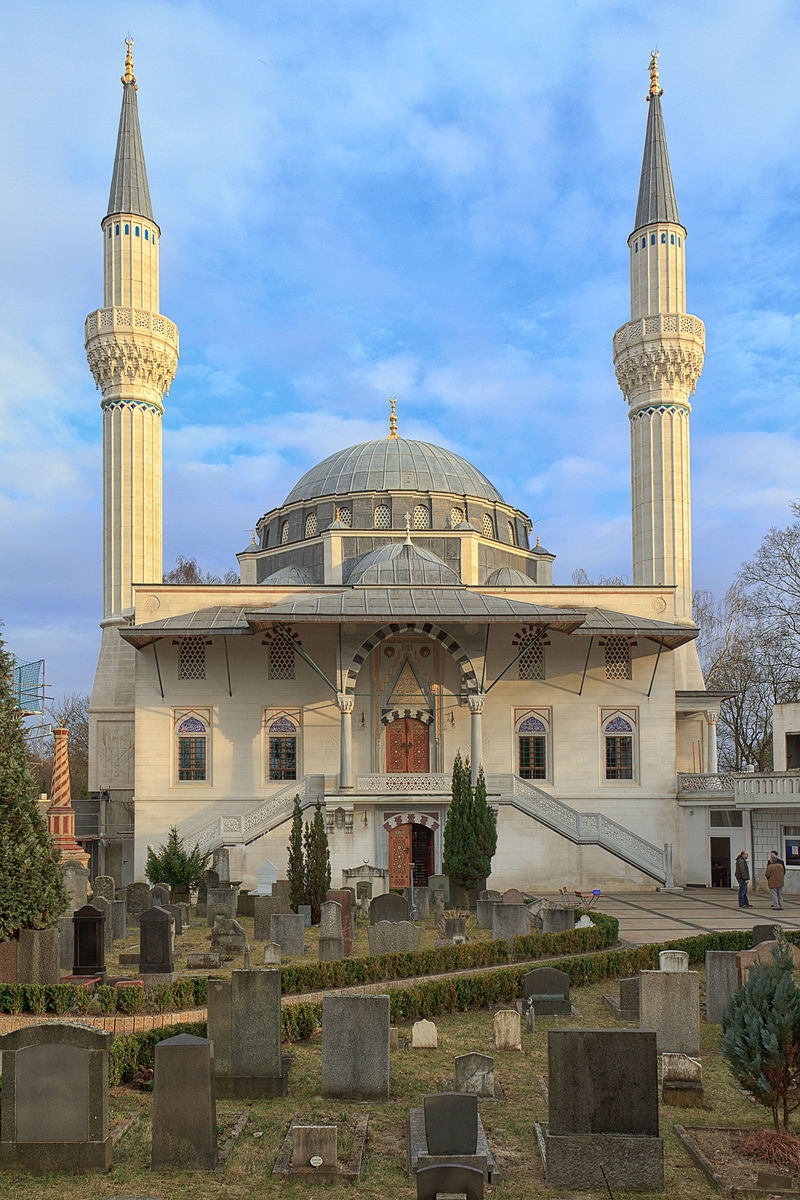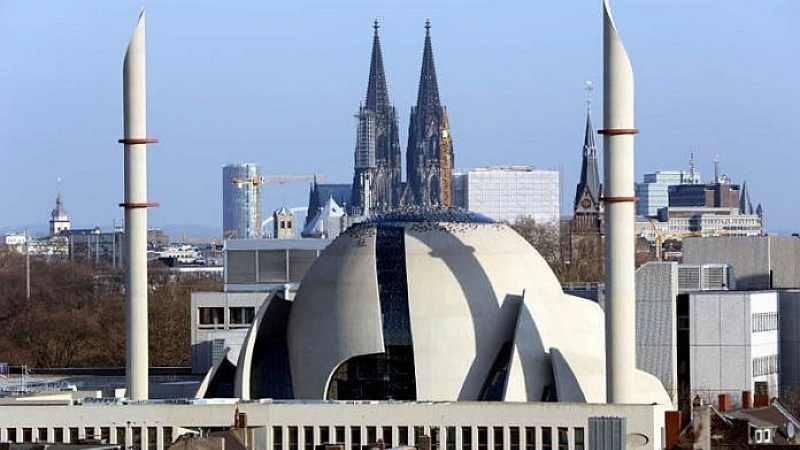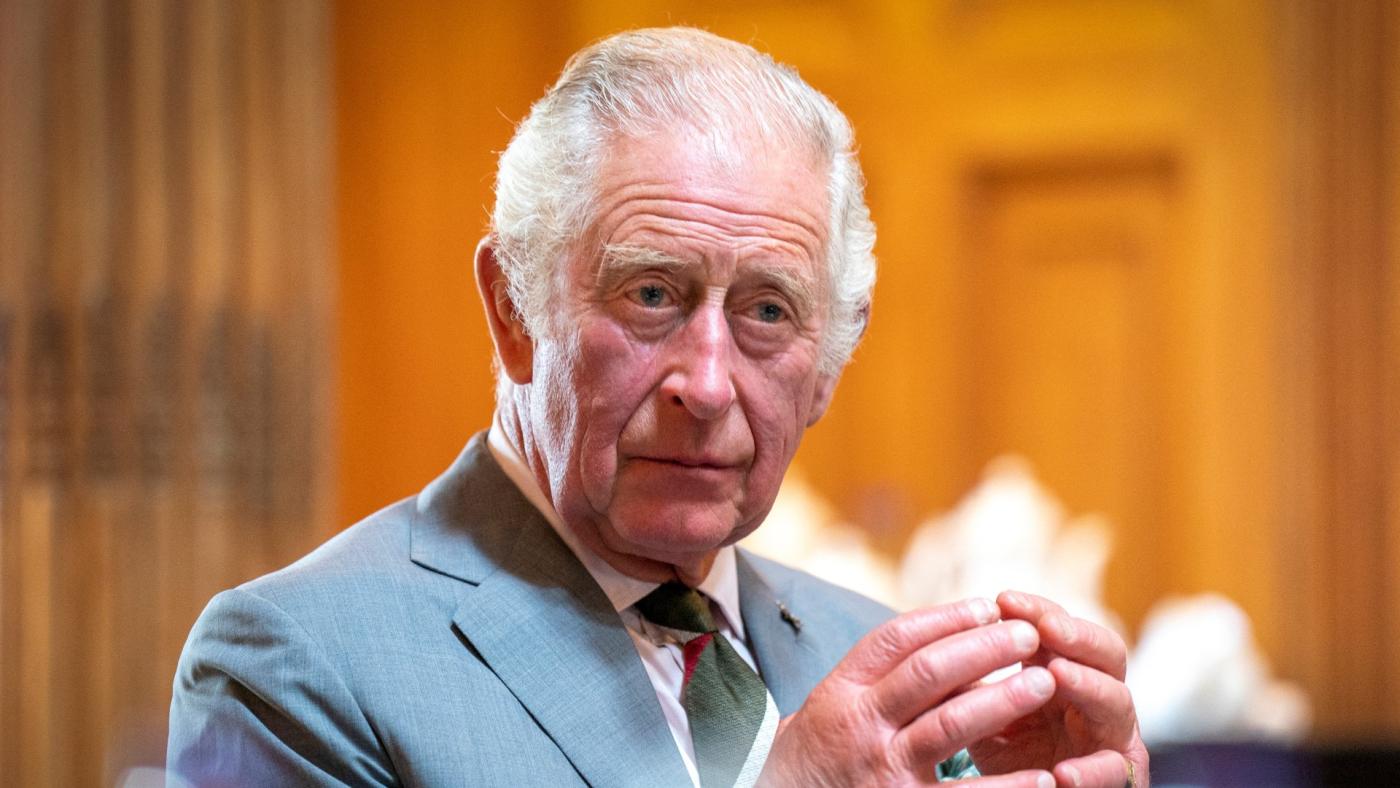As Euro-Islam reported, the political disputes of the past months have taken a heavy toll on Turkish-dominated DİTİB, numerically still Germany’s largest Islamic association.
German politicians have castigated the organisation for its proximity to the Turkish government, particularly when it was revealed that some of its Imam’s had spied on suspected members of the Gülen movement on behalf of Turkish state authorities.
Internal pressures
Internally, DİTİB has been rocked by successive waves of dissent, dismissals, and disputes. While some functionaries left the organisation of their own accord, others were de facto purged upon Ankara’s request. Out of protest, DİTİB’s entire youth board resigned in May 2017, signalling a generational split within the association.
Ender Çetin, former chairman of Berlin’s Şehitlik mosque, was one of the victims of the purge. Deemed too progressive and too disloyal to the Turkish point of view, Çetin was ousted from his post at the mosque in December 2016. In the past, he had gained renown for gradually turning the mosque into an open space for encounters and debates, including on controversial matters such as homosexuality.
A forum for debate
Now, Çetin and around 30 predominantly younger Muslims formerly active in DİTİB communities in Berlin seek to build an Islamic institution to their liking out of DİTİB’s reach. They have announced plans to open an Islamic Academy that is to serve as a forum for discussions and cultural events.1
The Academy is to be modelled upon other comparable confessional institutions in Germany: both Catholic and Protestant churches have their “academies” – open centres that bridge the divide between religion and society by hosting conferences, debates, and projects on contemporary issues.
Aiming at a young audience
The Academy aims at catering primarily to a younger audience. Its initiators noted that young Muslims were in desperate need of a modern and societally open spiritual forum. As of late, DİTİB’s internal clampdown and the association’s rigid hierarchies had made open debate all but impossible, or so they argued.
As of now, the initiators are still organising the logistics of their project. Making the Academy real will necessitate overcoming many challenges, not least of a financial nature: in the past, a number of progressive endeavours that sought to establish themselves beyond the purview of the conservative associations have foundered on insufficient funding.
Nevertheless, the idea of a Muslim Academy holds the promise of building a genuinely open and proactive civil society institution that is capable of asking hard questions and of projecting progressive Muslim voices – without falling into the trap of a “liberal Islam” that remains a chimaera.






